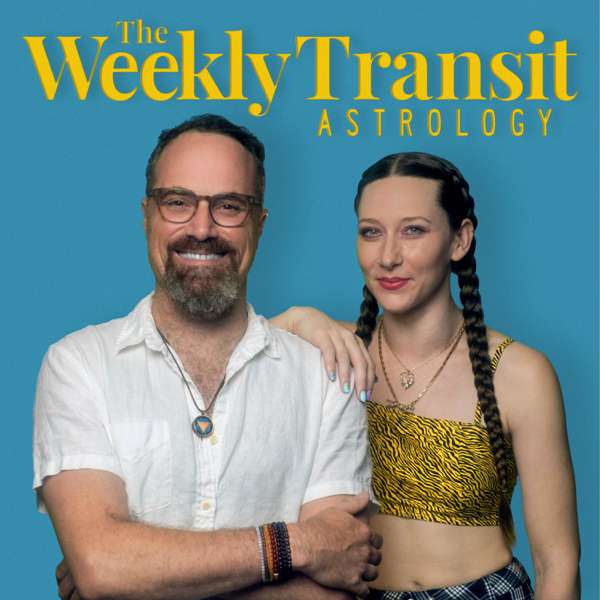This event is part of the China Series sponsored by The Institute of World Politics.
About the lecture: With the rise of totalitarian China, it is more important than ever to understand a historical tendency towards the concentration of not only political, but economic and informational forms of power. Dr. Anders Corr’s latest book, The Concentration of Power: Institutionalization, Hierarchy & Hegemony, is a theoretical analysis of trends in world history that he has developed over the past thirty years of international research and scholarship. He argues that from the beginning of the archeological and textual evidence in history, power is organized around twelve theories of hierarchy that affect every segment of society.
From international politics, to unions, associations, corporations, and the military, Dr. Corr breaks them down and provides readers with a sense of what the world could face if we allow hierarchy to continue its historical development toward a global and illiberal hegemony. Be it in China, the United States, or the European Union, all are vying for global influence and the utilization of the structure of the United Nations, or other newer international institutions, to promote either the principles of human rights and democracy, or in the case of Beijing, the exact opposite.
This clash between democracy and autocracy on a global level is part of a “ratchet process” of history that Dr. Corr describes, and that could turn to a war of massive proportions, or a continued trend towards a global and illiberal hegemony. As the world slips towards what could be an “end of history” in a Beijing-led international system, no greater stakes have ever imposed themselves on an unsuspecting global public.
About the speaker: Anders Corr (B.A. Yale 2001 Summa, Ph.D. Harvard 2008) founded Corr Analytics Inc to provide clients with business intelligence and strategic analysis of international politics. He is Publisher of the Journal of Political Risk, which works with a wide variety of authors, from Ivy League professors to Filipino peasants. His areas of expertise include Asia, historical analysis, grand strategy, social movements, quantitative analysis, public opinion, and international security.
Dr. Corr has studied and researched in Kenya, Britain, and Italy, and analyzed China, Russia, Romania, Japan, South Korea, Taiwan, Vietnam, Brunei, Pakistan and Israel for private clients. He led the U.S. Army Social Science Research and Analysis group in Afghanistan, which oversaw 600 Afghan contract employees on 44 survey projects and conducted quantitative predictive analysis of insurgent attacks. Dr. Corr conducted analysis for US Pacific Command (USPACOM), US Special Operations Command Pacific (SOCPAC), and US European Command (EUCOM) on risks to U.S. national security in Asia and Europe, including in the Philippines, Nepal, Bangladesh, and Ukraine. Dr. Corr conducted red team modeling and simulation for the Defense Department of terrorist attacks against extremely sensitive military facilities and worked on social networking for early warning of pandemics and biological weapons of mass destruction.
His current research focuses on great power grand strategies, alliance politics, military strategy, authoritarian political influence, international organizations, and the effects of military technology on the likelihood and outcome of war. He authored No Trespassing: Squatting, Rent Strikes, and Land Struggles Worldwide (South End Press, 1999), and edited Great Powers, Grand Strategies: The New Game in the South China Sea (U.S. Naval Institute Press, 2018). He has peer reviewed for the Journal of Conflict Resolution, the Journal of Urban History, and Routledge Press. He frequently appears in the media, including the Financial Times, New York Times, CNBC, UPI, AFP, Bloomberg, Fox, Forbes, Epoch Times, Al Jazeera, Japan Times, South China Morning Post, Straits Times, and Institutional Investor.

 Our TOPPODCAST Picks
Our TOPPODCAST Picks  Stay Connected
Stay Connected







